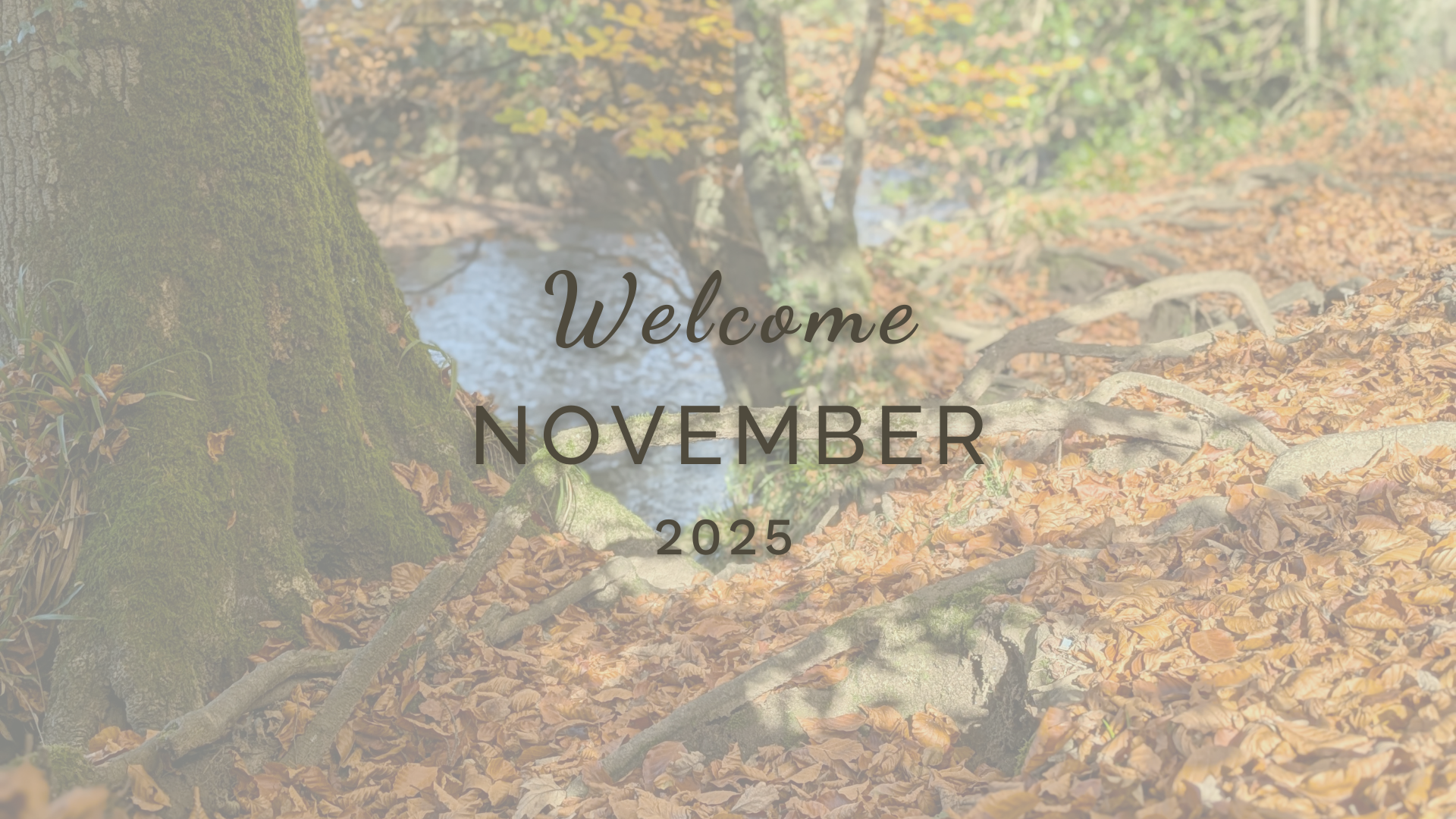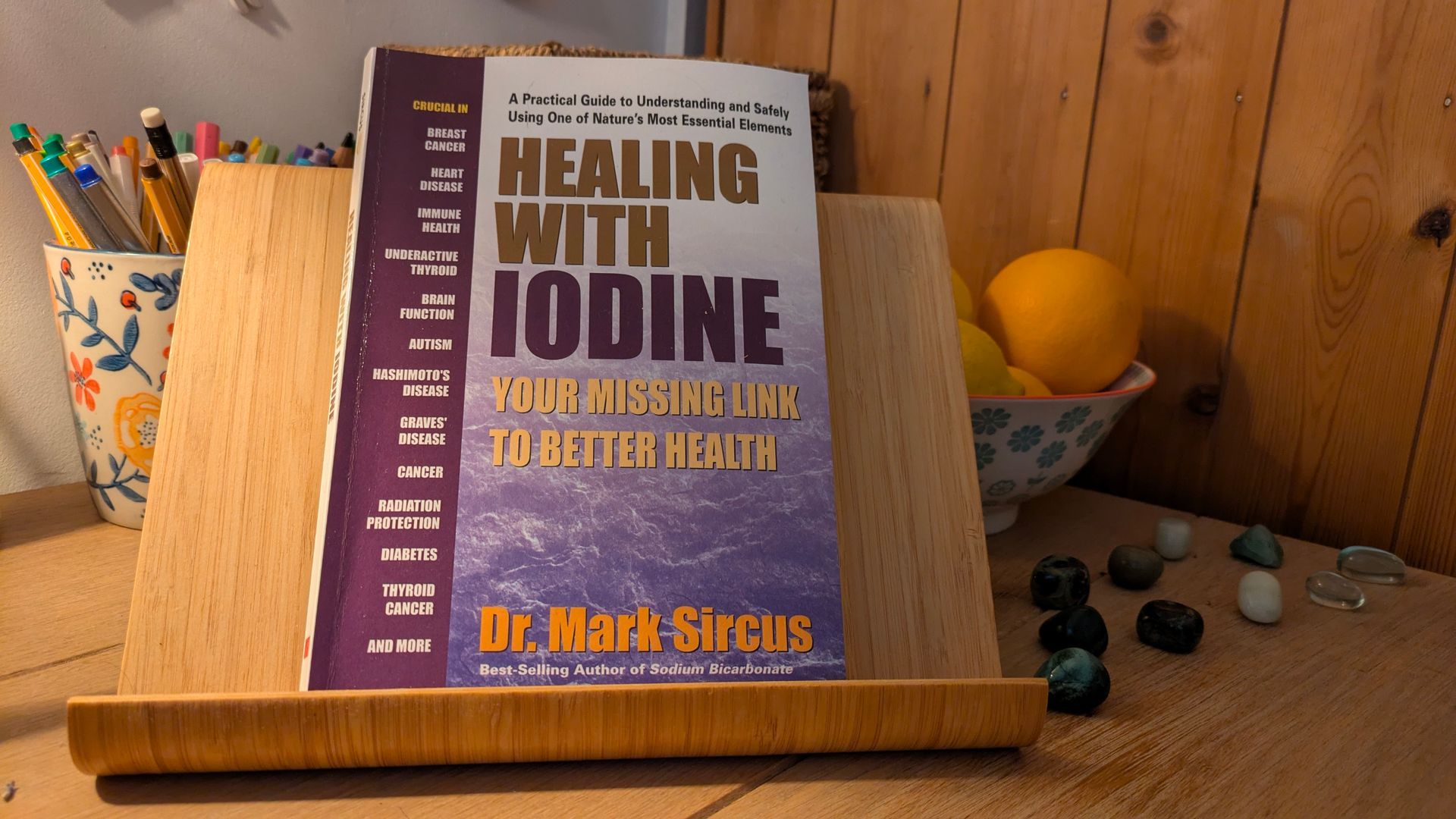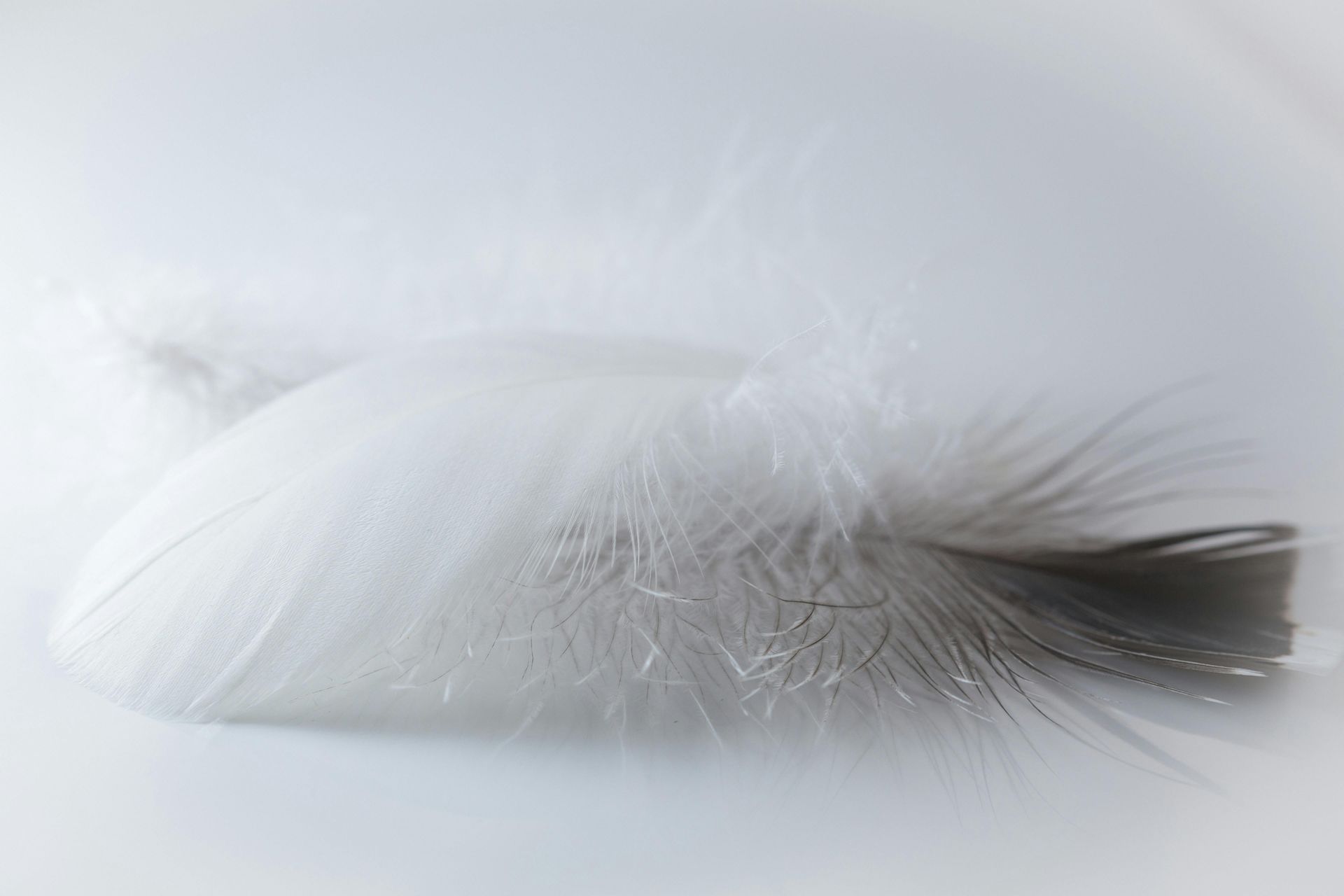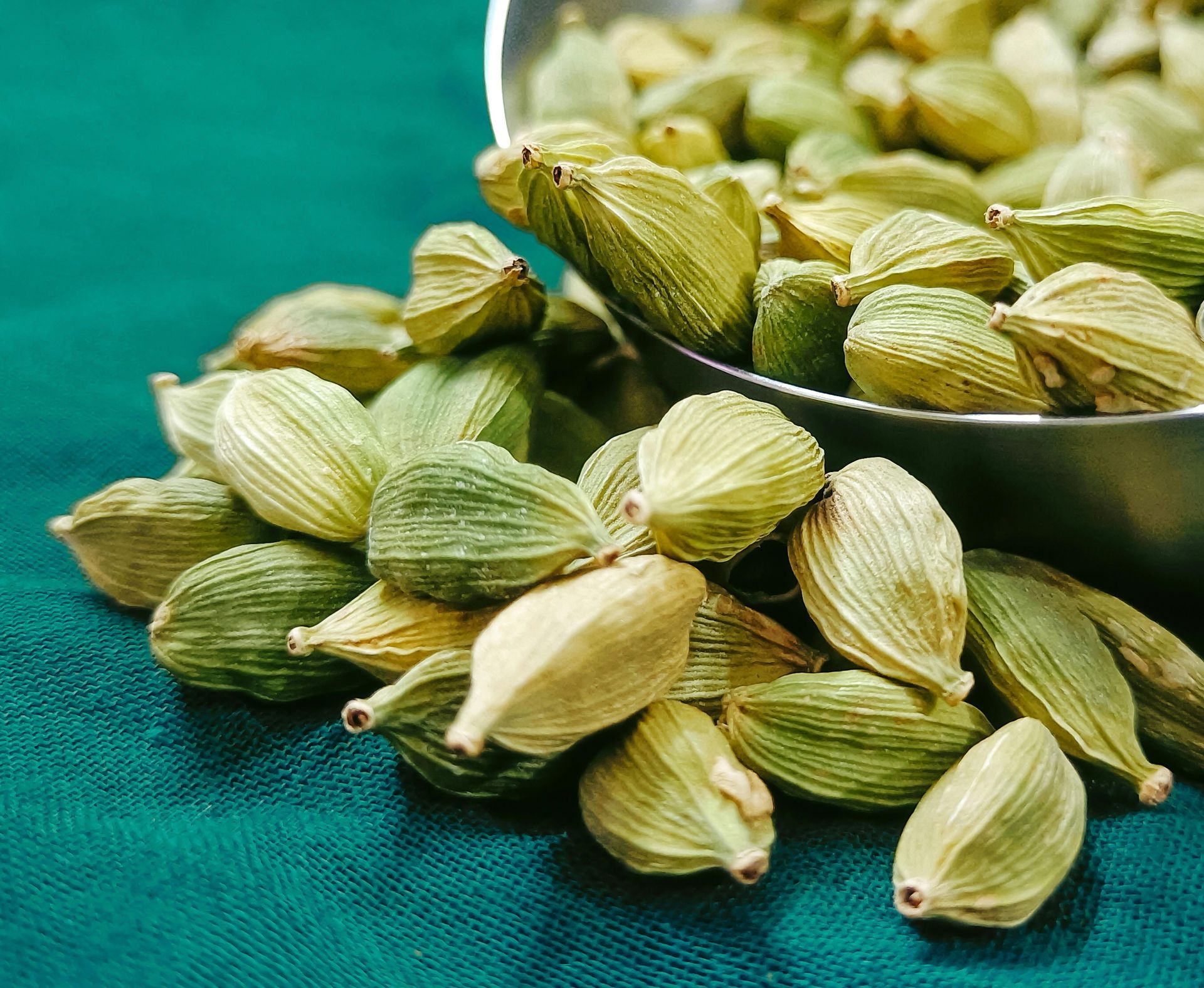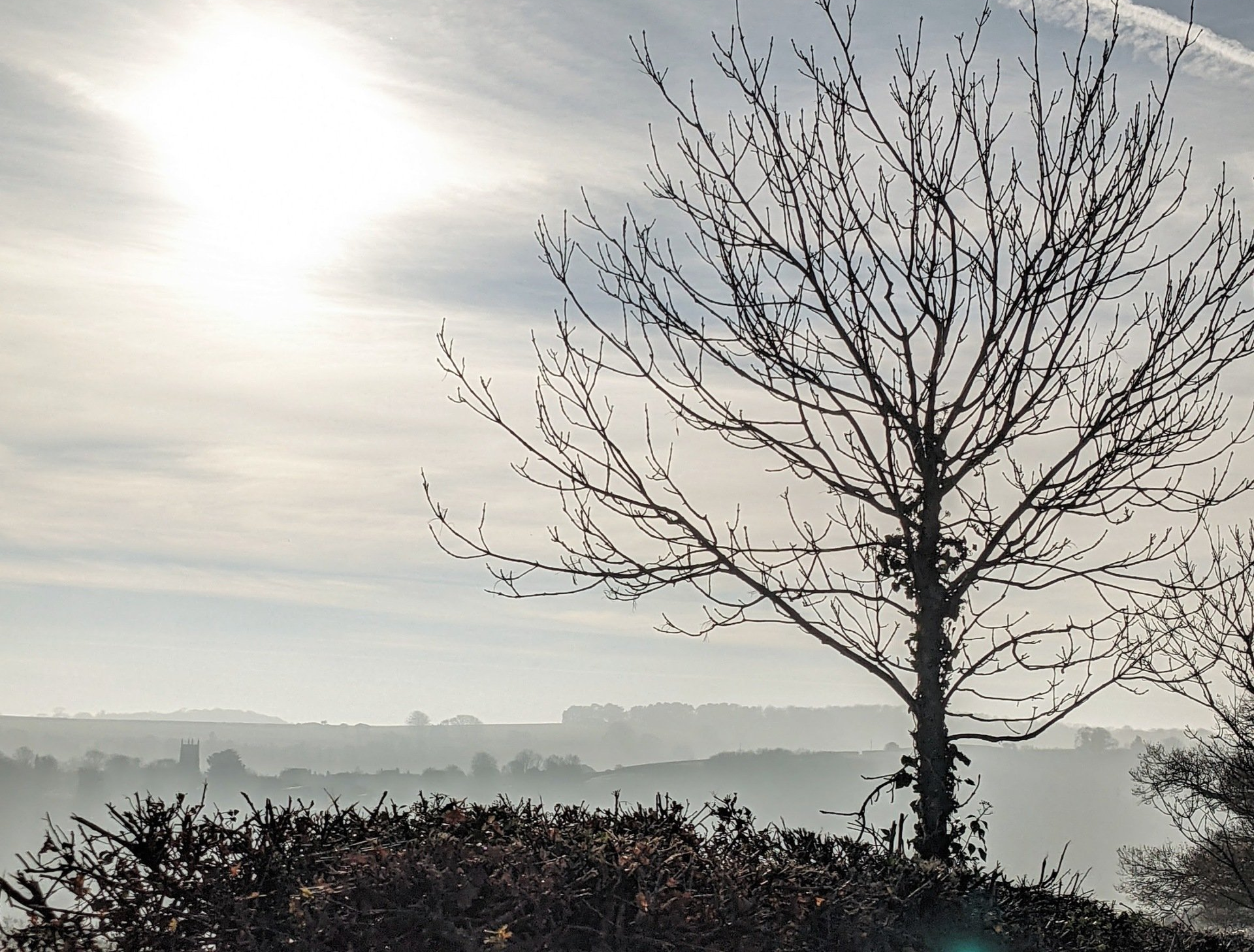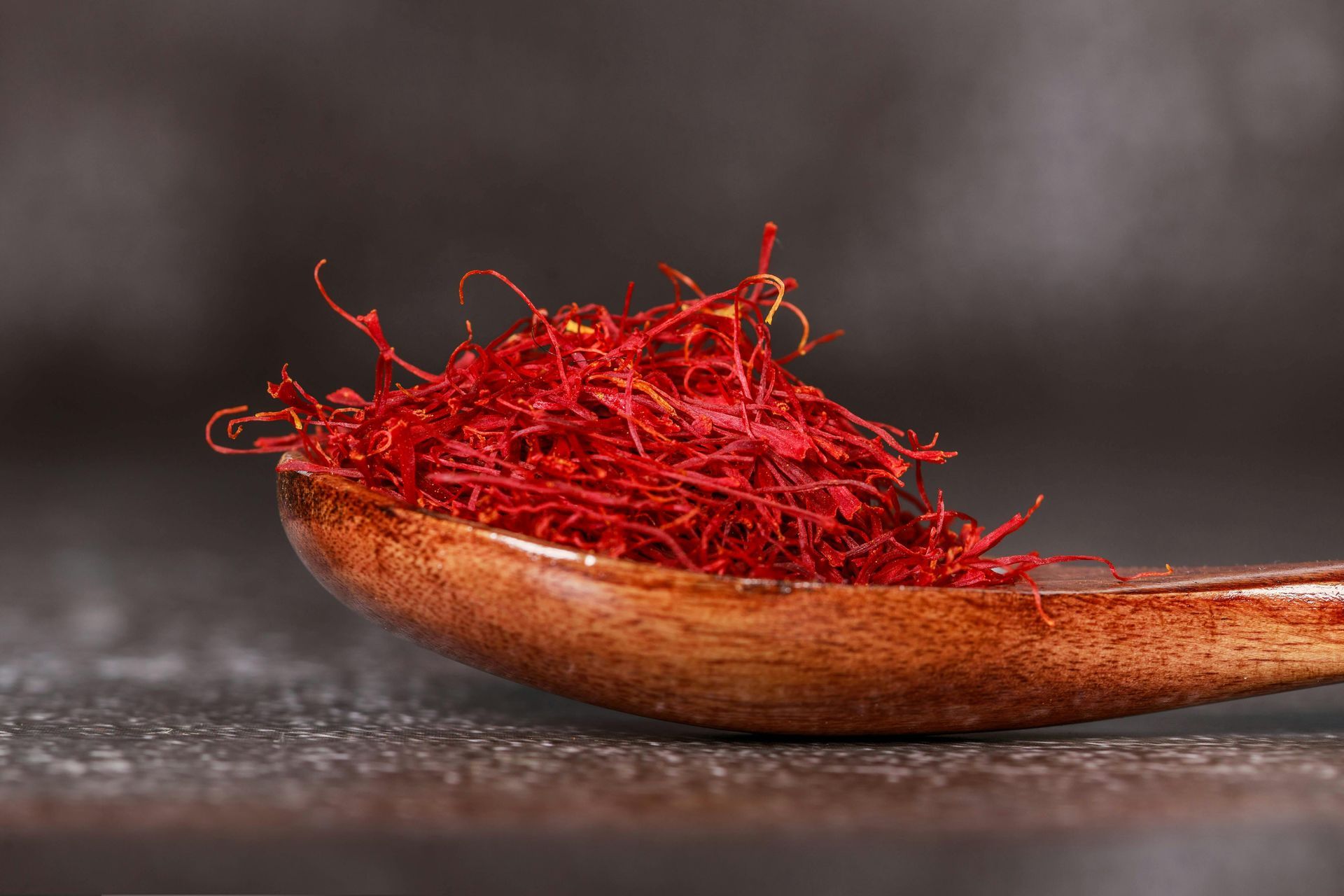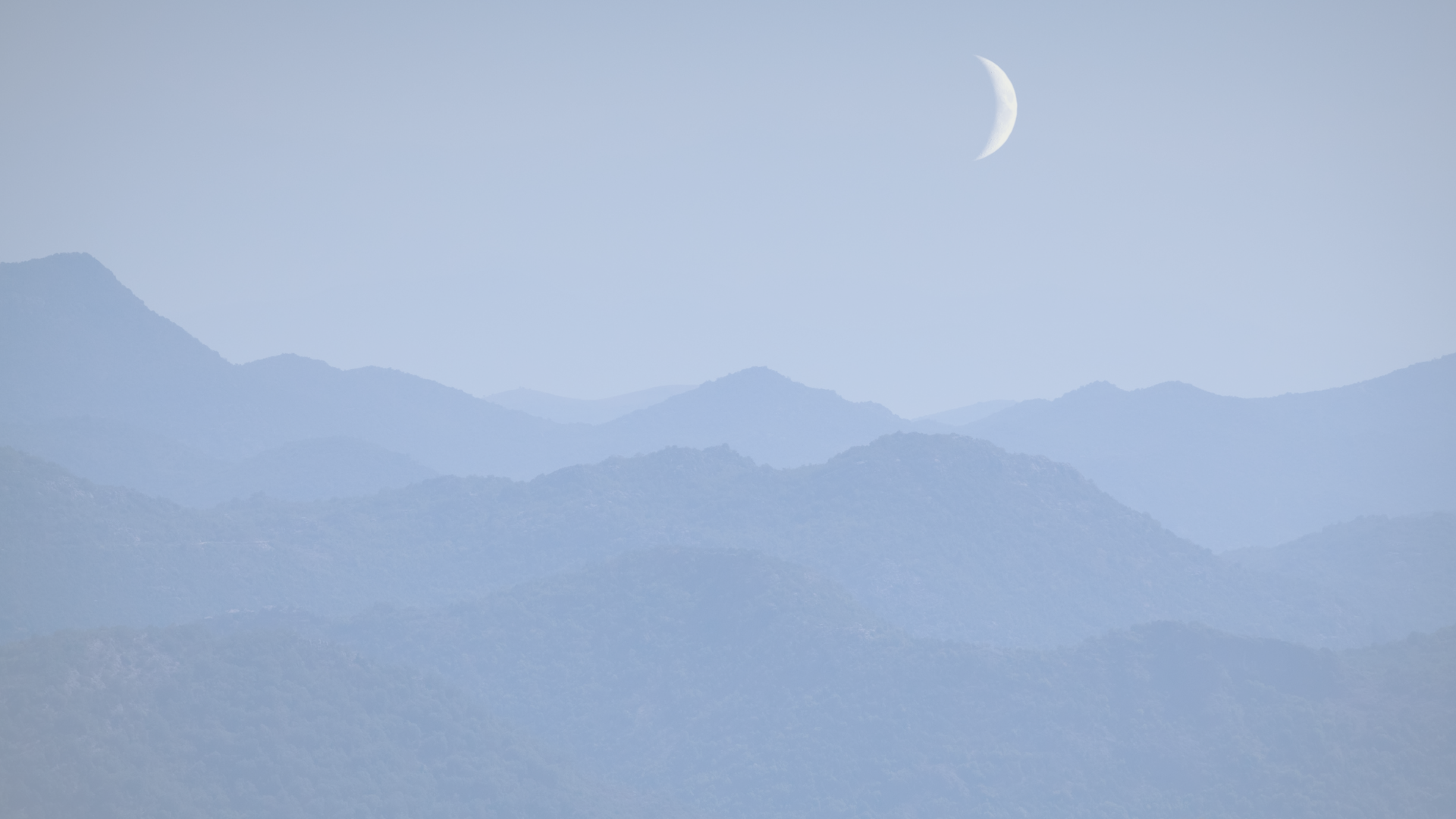Welcome November (Almanac 2025)
Dates and inspiration for things to see and do in Nature in November
WELCOME NOVEMBER
At the start of November, leaves are falling and gathering on riverbanks, pathways and field edges to begin their slow mergement with the Earth from which the seeds of the trees are born.
In Pagan times, the first of the month was celebrated with the Samhain festival to prepare for the onset of Winter with home fires and a giant bonfire in the village. Meads, ciders, fruits and other bounty from the late harvests accompanied much dancing, singing and acting out stories of bounty, seasonal highlights and survival.
The fifth of November is known as Guy Fawkes Day which is today celebrated with bonfires, fireworks and the carrying of effigies of 'guys' through the streets to place on top of the largest bonfires. Traditionally, this was to commemorate the failed Gunpowder Plot of 1605 when 36 barrels of gunpowder were discovered hidden behind a pile of firewood in a storeroom beneath the Palace of Westminster.
As the season turns towards Winter, leaves delight us with their beautiful arrays of colour and texure. If you sit down somewhere in Nature quietyly, you will hear wild creatures rummaging in the undergrowth looking for places to hibernate and for foods to feast on now and store for the colder months.
As the first frosts cover the ground, Mother Nature begins her cleanse to purify the soil. A long walk outside in Nature provides the perfect opportunity to breathe in that same cleansing essence in the air and allow it to flow through you. This will help your mind, body and soul adjust to the cooling temperature, keep your circulation moving and your eyes focused on a stunning landscape and your heart connected to Nature's treasures closer to hand.
A poem - Welcome November - speaks of early morning mists and fields glistening with cobwebs in the etheral light and the turning of the season on the last of the three harvest festivals.
This month's Almanac contains key dates and seasonal events to note for the month so that you can stay in sync with Nature's natural cycles with suggestions for ways to benefit from the natural world around you.
Moon Phases
- Wednesday 5 November - FULL BEAVER SUPERMOON in Traurus
- Thursday 20 November - NEW COLD MOON in Scorpio
Sunrise and sunset (Devon, British Isles)
- Wednesday 1 November - Sunrise (7.06am) - Sunset (4.49m)
- Friday 31 November - Sunrise (7.53am) - Sunset (4.13pm)

THINGS TO DO IN THE GARDEN
There is always something to do in the garden, especially in preparation for the first frosts which could be as soon as early November for households in places like Edinburgh and Bournemouth, and the beginning of December for those of us living in Devon.
Cutting back herbs - cut heavily to hang to dry or compost and note that many herbs (excluding Basil) will survive some frost but will soon slow down their production or die back for the Winter.
Collecting seeds - if you haven't already collected seeds from your favourite annual flowers and herbs, the time to do so is now - make sure they are completely dry and store in glass containers in a dark place until ready to propogate.
Frost-sensitive plants - these can be left in the ground even if they are going to die down as they serve as important sources of food and shelter for Winter-born insects and small wild animals through the Winter.
Frost protection - I use the wonderfully soft and pure wool packaging used in deliveries from my local organic farm, perfect to cut into circles and place around the stems of plants in pots, especially my collection of Roses.
Tidying the garden - it seems like a job that can never be done so enjoy it and relish the exercise in the open air, clear fallen leaves (but make sure to leave some in certain places for creatures to bed down in during the Winter).
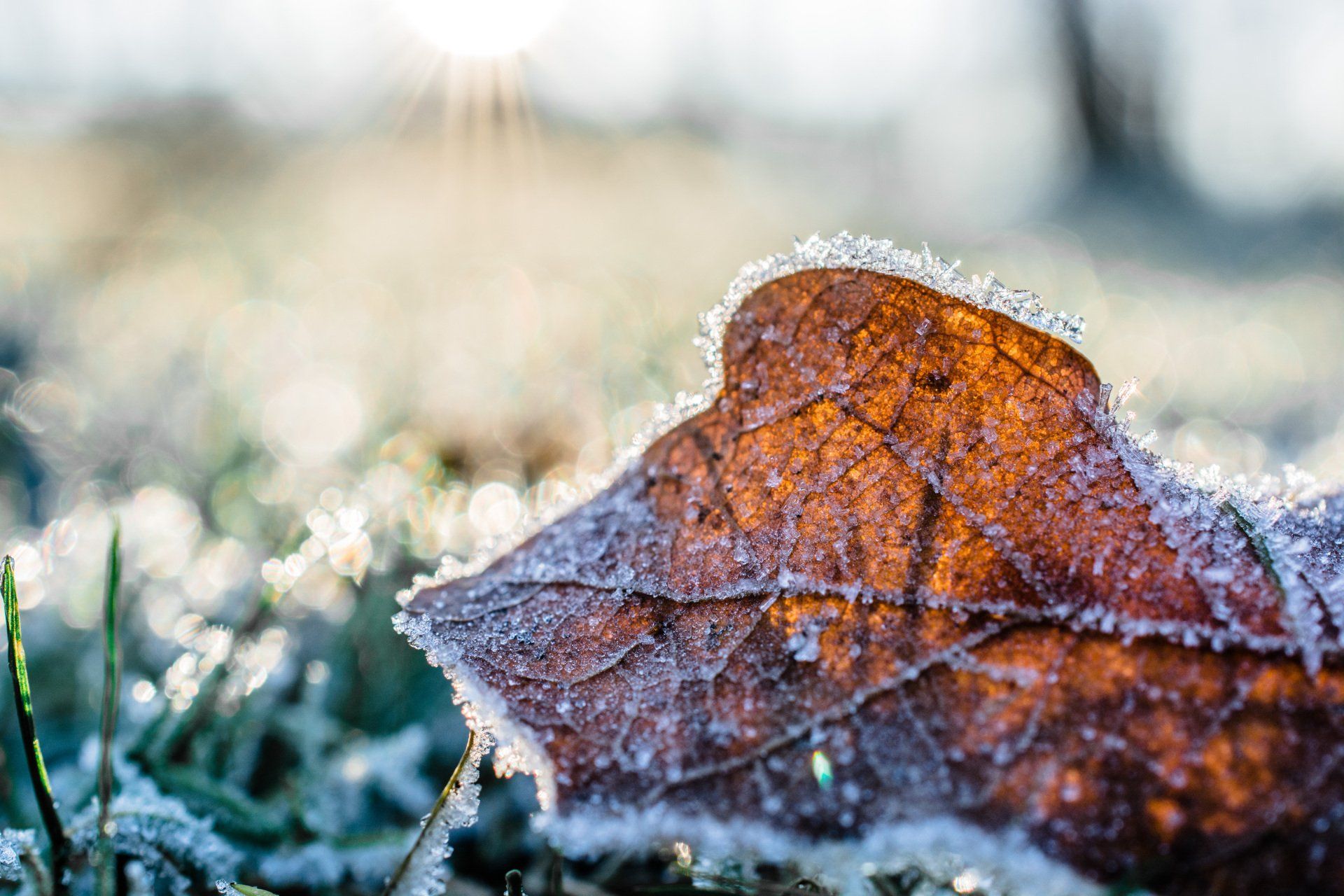
Help a Hedgehog
November is a really good time to spot mammals gathering food and plumping themselves up with the remaining harvest to survive the colder months or to prepare for going into hibernation. Hedgehogs especially will be scurrying around trying to find food and a suitable place to hunker down for the Winter.
According to the Natural History Museum's State of Britain’s Hedgehogs Report, three quarters of all of Britain's rural Hedgehogs have been lost. Due to the increasing decline of one of our most treasured small mammals, we need to do everything we can to a) allow them access to our gardens and land, b) to protect them as best we can, c) to leave filtered water out for them together with the correct food.
As opportunistic eaters, Hedgehogs will consume food left out in your garden but do not leave out bread and milk as this causes problems for them. The best Hedgehog-friendly foods are:
- natural (if at all possible) meat-based cat or dog food - with no additives
- specially-made hedgehog food - see below
- natural (if at all possible) cat biscuits - with no additives - always leave with a bowl of water
I found what looks like a good resource for a range of specialist Hedgehog food on Ark Wildlife (no affiliation) which includes a wooden feeding station. Do your own research and make sure the food you buy is natural as most supermarket pet food brands are full of unnatural ingredients that are no good for anyone, let alone the smallest of our wild creatures.
Hedgehogs are particularly fond of wood or leaf piles to rest in and they provide some of the best habitats for wildlife. Some are made intentionally for this purpose in woods, parks and gardens. This is just the right time to find them resting in such places, so
please remember to check your bonfires this firework season before lighting them.
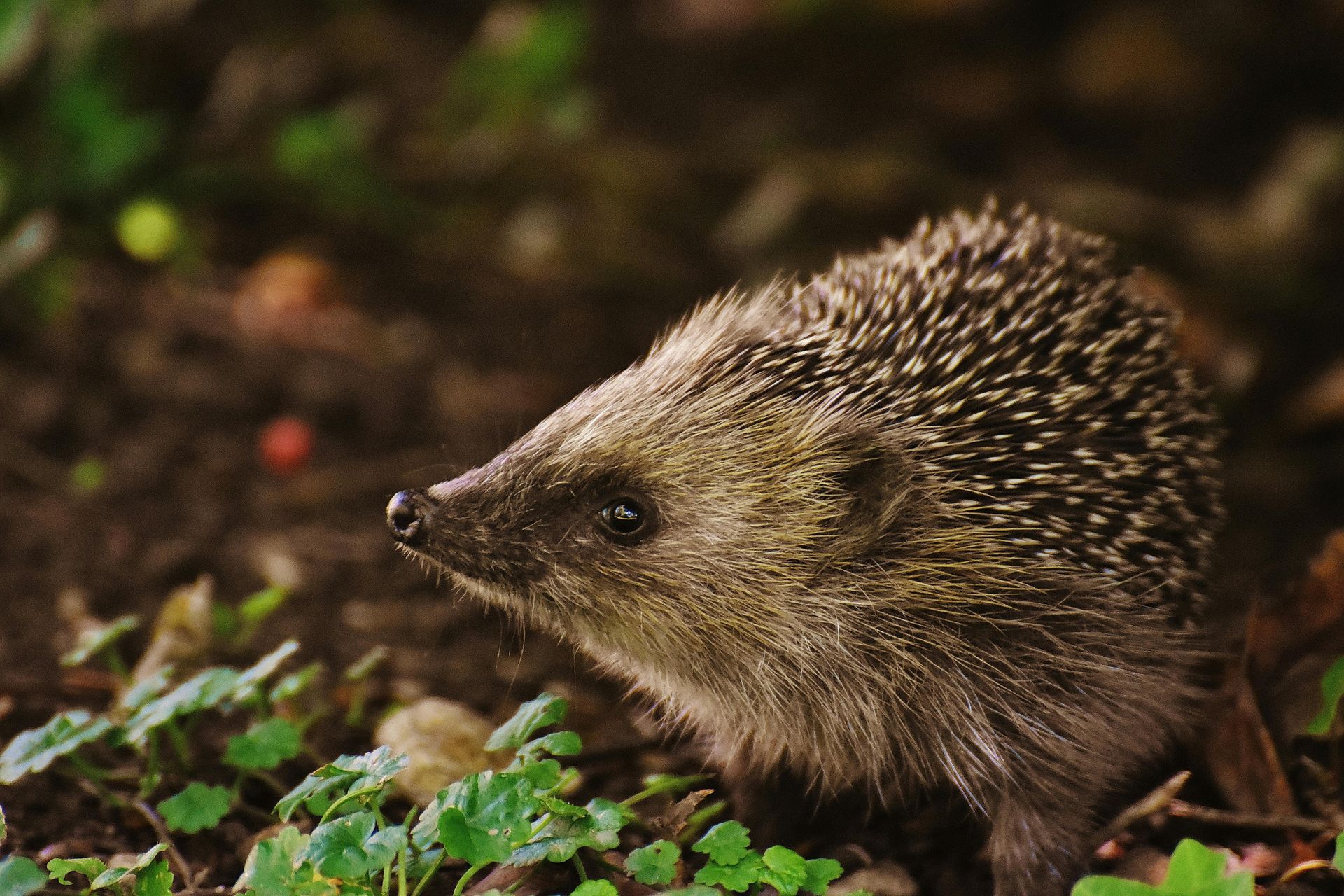
Watch and Report a Starling Murmuration
If you are lucky enough, you may see one of the most spectacular natural events during the month of November. Last year, I watched a Starling murmuration from Teignmouth Pier and it was totally mesmerised. So beautiful that everyone there stopped to take it in - it was spectacular.
A murmuration consists of thousands and thousands of birds flying in unison in the sky. It’s breathtaking to see a transforming mass of Starlings make the most incredible patterns in absolute unison. They become one unit - magnificently pulsating, shifting and changing in shynchronised swoops and dives.
November is the time to spot such an event as resident Starlings prepare to be joined by other migrant birds to start their long flight to sunnier climes.
Murmurations usually occur over communal roosting sites situated across the British Isles. You can check the Starling Murmuration Location Map provided by Starlings in the UK to find out where these locations are. It may be best to do your own research using the information provided as, apparently, the most popular sighting spots can get very busy throughout the month of November.
If you do spot a murmuration (of any size), Starlings in the UK
need your help to capture this data so that they can keep a track of numbers. You can
fill in a form on their website to do this.
I hope you enjoy making the most of Nature through November for your good health, happiness and wellbeing, and look forward to seeing you here for the last Almanac for the year in this format on 1 December 2025.
Sue Cartwright
Spiral Leaf
Buy a book!
Books with seasonal information presented for each month of the year are available from the Spiral Leaf bookshop using the links below.
The Leaping Hare Nature Almanac by Raluca Spatacean
The Forager's Calendar: A Seasonal Guide to Nature’s Wild Harvests by John Wright
Wild Hares and Hummingbirds by Stephen Moss
The Running Hare by John Lewis-Stempel
The Leaping Hare by George Ewart Evans and David Thomson
Meadowland - The Private Life of an English Field by John Lewis-Stempel
Spiral Leaf may earn a small commission on books sold using the above links in support of independent book sellers and bookshops at no extra cost to you!
Thank you for sharing!
for you, for me and for Mother Nature
Latest Posts
All Posts

